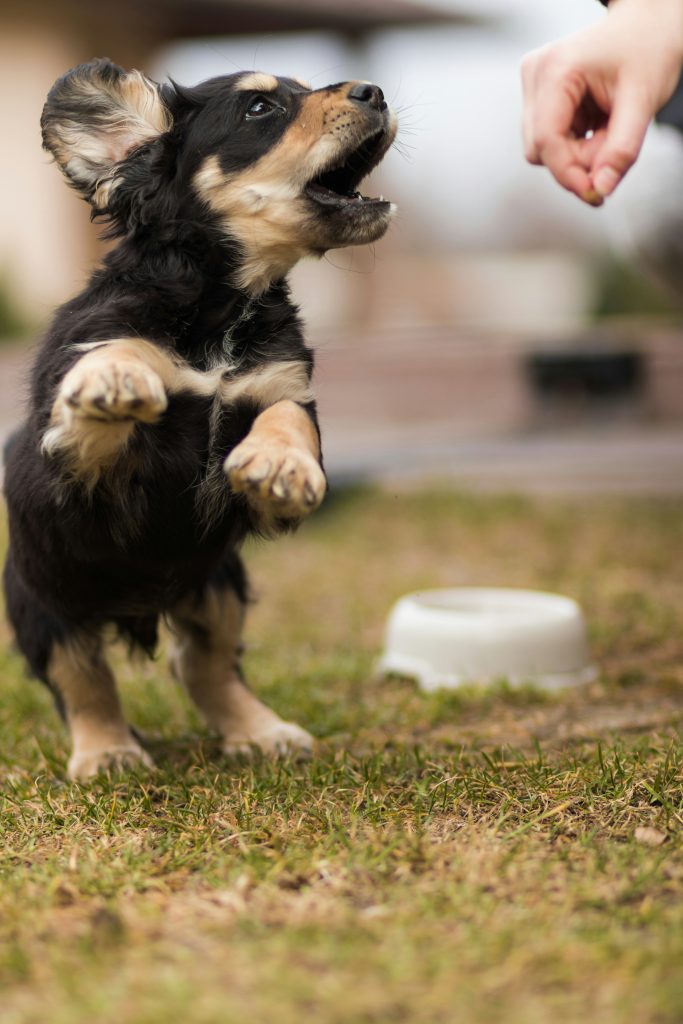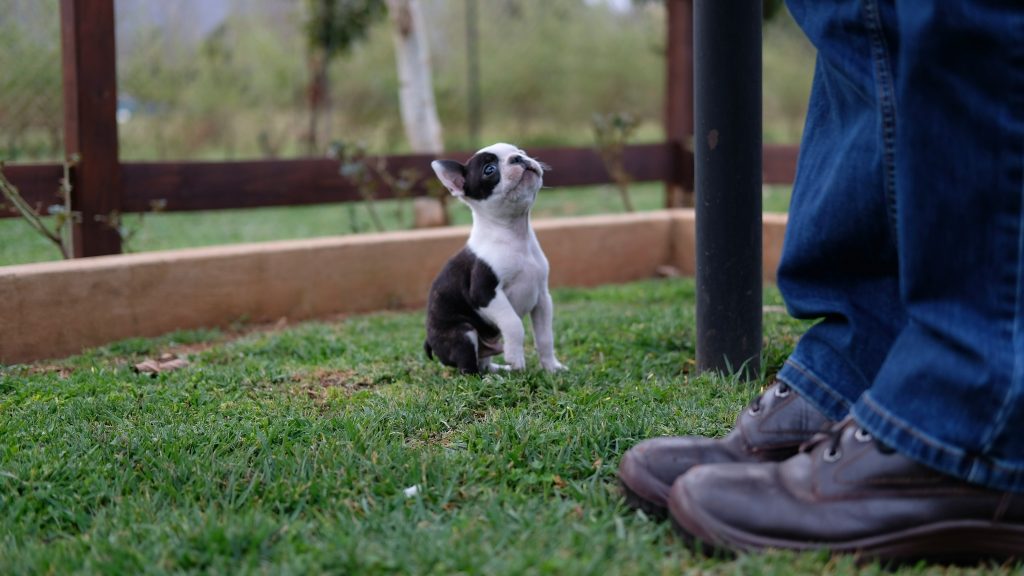Potty Training Sets the Stage for Obedience
When you begin potty training your puppy, you’re not just teaching them where to go—you’re establishing the foundation for a lifetime of good behavior. Housebreaking introduces your dog to the concepts of structure, communication, and trust. These are the same pillars that support effective obedience training later in life.
Let’s explore how potty training is a critical first step toward raising a well-mannered, responsive, and happy dog.
Learning the Concept of Rules
Puppies are new to the world and need guidance on what is and isn’t acceptable. Potty training is usually the first “rule” a dog learns—don’t go inside, go outside instead. That alone is a big cognitive leap for a young pup.
Once they grasp the idea that behavior has consequences—good or bad—they become more open to learning additional rules. This early exposure to structure makes later obedience commands like sit, stay, or leave it much easier to teach.
Developing a Routine
Obedient dogs thrive on routine. Potty training introduces a consistent schedule that teaches your puppy when it’s time to eat, play, rest, and go outside. These predictable rhythms build self-control and help your dog understand what to expect from their day.
Dogs trained within a clear daily structure are less anxious, more focused, and better prepared for advanced obedience training. They know there’s a time and place for everything—and that’s a huge asset in training sessions.
Encouraging Focus and Attention
During potty training, puppies begin to pay attention to human cues: a leash being picked up, a phrase like “let’s go potty,” or a treat being offered for success. These interactions teach your puppy that listening to you has benefits.
That kind of attention and engagement is exactly what you need when teaching more complex commands. If your puppy has already learned to look to you for guidance during housebreaking, they’ll naturally do the same during obedience lessons.
Strengthening the Reward System
Potty training relies heavily on positive reinforcement. You reward your puppy with treats, praise, or affection when they go in the right place. Over time, they learn that good behavior = good things.
This sets the stage for other types of training that use the same system. Whether you’re teaching a puppy to come when called or to walk politely on a leash, their early success with potty training helps them understand the learning process itself—and the rewards that come with it.
Instilling Patience and Self-Control
Puppies don’t come pre-programmed with patience. They need to learn to hold their bladder, wait their turn, and follow basic instructions—all of which begin with potty training.
By teaching your puppy to “wait” to go outside or to “go potty” on command, you’re reinforcing the idea that self-control has value. This mental discipline carries over into all areas of life, including preventing jumping, barking, or other impulse behaviors.
Building Confidence in Learning
Every successful potty break builds your puppy’s confidence. They start to understand that they can learn, that they’re capable of following the rules, and that their actions have meaning.
Confident dogs are much easier to train. They aren’t fearful of trying new things or hesitant about making mistakes. Potty training gives your pup early wins that set a positive tone for all future learning.
Teaching Your Puppy to Work With You
Perhaps most importantly, potty training teaches your dog that you’re a team. You’re not a source of punishment—you’re a guide, a protector, and a partner in their development.
That sense of teamwork is what makes obedience training successful. It’s not about dominance or control—it’s about cooperation. Potty training is your puppy’s first real experience of working together with you, and that bond will carry through every sit, stay, and come command to follow.
Final Thoughts
Potty training is about far more than keeping your floors clean. It’s the first building block in teaching your puppy how to learn, listen, and trust. By approaching housebreaking with patience and positivity, you’re not just avoiding accidents—you’re preparing your puppy to become a well-behaved, obedient dog for years to come.
And it all starts with that simple, powerful lesson: this is where we go potty.


